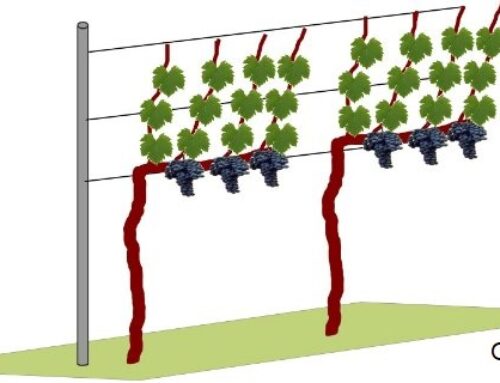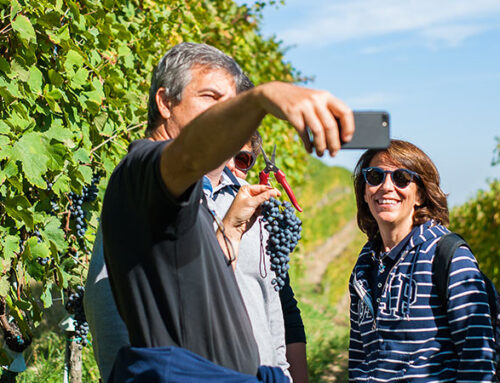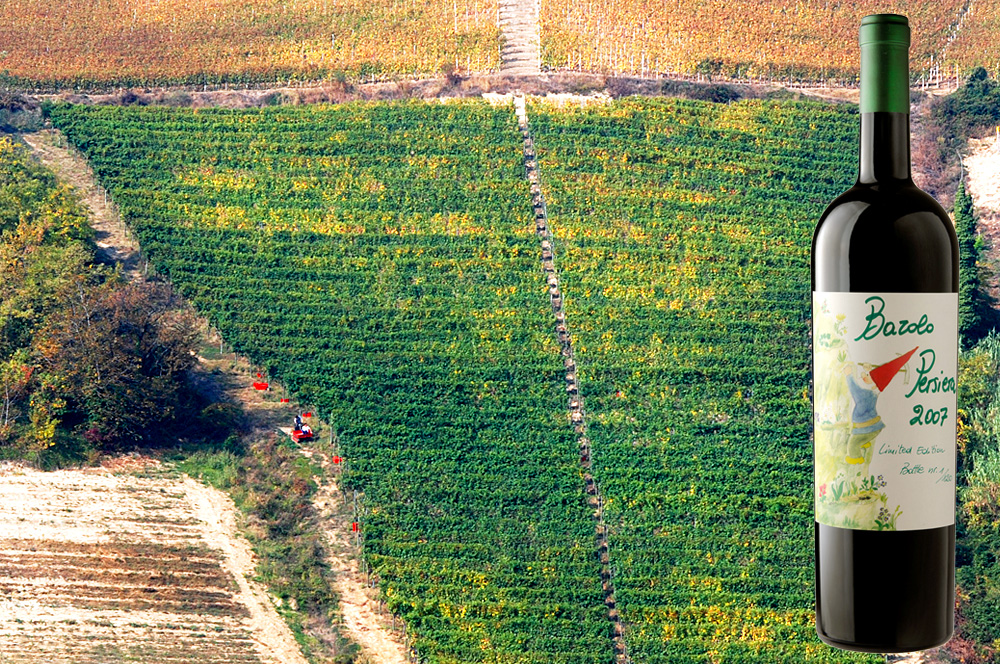All winemaking estates that make cheese or wine depend on nature and its products.
So it should be in the interest of all to safeguard and maintain the environment in the best possible way.
Recycling is without doubt essential, but new techniques of production are needed–ones that are responsible from the point of view of the ecology, sustainable over time and that do not damage the environment or endanger it.
Here are some good practices for the cellar that are easily adapted to home use:
- Reduce as much as possible–if not eliminate–the use of chemical substances that can be substituted with environment- friendly, plant-based products;
- Use organic waste as fertiliser instead of throwing compostable materials into mixed household waste.
- Limit energy consumption where possible,(by choosing low-consumption products, by reducing heat loss via dispersion).
- Reduce waste and water pollution (water conservation, disposal of used oil, efficient irrigation systems).
- Limit use of plastic as much as possible and favour more recyclable materials, such as glass or hemp, that have a lesser impact on the environment.
- Favour products packaged in lightweight cardboard or packaged with a single material.


Packaging with more than one material requires more energy to make and is much more difficult to recycle.
The participation of all together with respect for these simple rules would result in great improvements and reduce mixed household waste in our landfills.
Good information about recycling and good recycling practices will provide us with better results now and in the longer term.
The impetus to participate must begin with each citizen, but incentives on the part of municipalities to stimulate and reward good civic sense will prompt individuals to be more involved and to reach greater objectives in greater numbers.
In this way, not only will each citizen be more responsible, but so will the community to which he or she belongs.


















Scrivi un commento
Devi accedere, per commentare.